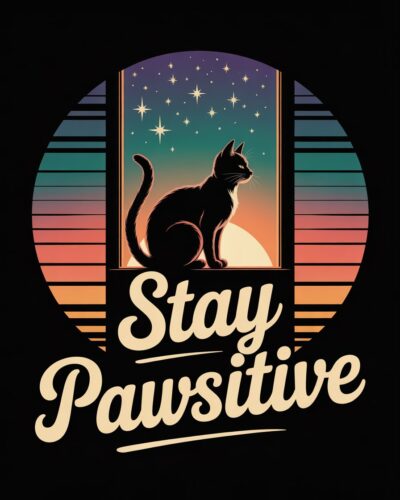Let’s begin with a truth that seems to be getting lost in today’s debates:Children do not need to learn about sex to know that a person—or a gro
 Let’s begin with a truth that seems to be getting lost in today’s debates:
Let’s begin with a truth that seems to be getting lost in today’s debates:
Children do not need to learn about sex to know that a person—or a group of people—exists.
Representation matters.
History matters.
Culture matters.
But conflating a person’s identity with their sexual behavior—especially in materials aimed at children—is not inclusion. It’s a breach of boundaries.
Children can absolutely learn about people through:
History: Who they were, what they fought for, what they changed.
Cultural traditions: Foods, dress, language, rituals, art, and music.
Community contributions: Inventions, leadership, literature, science, and social movements.
Struggles for justice: How they were treated, what they overcame, and why their voices matter today.
Family and faith: How different groups create belonging and meaning.
Civic engagement: Voting rights, education movements, neighborhood organizing, and more.
None of that requires introducing sexual content—explicitly or through implication.
🗣️ Why This Conversation Matters
It’s encouraging that we are finally having more open conversations about representation.
It’s overdue.
It’s important.
But it’s also important to acknowledge this:
When people insist that a child cannot learn about a person or group without being taught about sex, it raises serious concerns.
That’s not education.
That’s not visibility.
That’s a boundary violation.
🚨 That’s Grooming Language—And We Need to Name It
When adults start framing age-inappropriate content as necessary for inclusion, we need to pause.
Because that’s the same language predators use to:
Normalize inappropriate topics.
Break down a child’s natural discomfort.
Introduce sexual ideas before a child is developmentally ready.
Predators rely on just enough truth to create confusion.
They say: “You need to learn this. Don’t be ashamed. Don’t be closed-minded.”
And in spite of their unease, children may go along—because they are children.
Let’s not repeat those patterns in the name of social progress.
🧭 This Isn’t Just a Faith Issue
Yes, many people of faith are voicing concerns.
But they are not alone.
People from all walks of life—Survivors, educators, therapists, secular parents, and child advocates—are all raising the same point:
“We want our children to be kind, informed, and respectful—without being exposed to adult content they’re not ready for.”
That is not fear.
That is wisdom.
And it deserves to be heard without dismissal or mockery.
💬 Final Word
You can teach a child that people of all backgrounds and identities exist.
You can teach them to respect others.
You can teach them to be fair and compassionate.
None of that requires sexual content.
None of that requires pushing past a child’s emotional boundary.
None of that requires repeating the tactics of those who have historically harmed them.
Let’s do better.
Let’s protect childhood.
Let’s teach in ways that honor the dignity of all people—and the innocence of children.